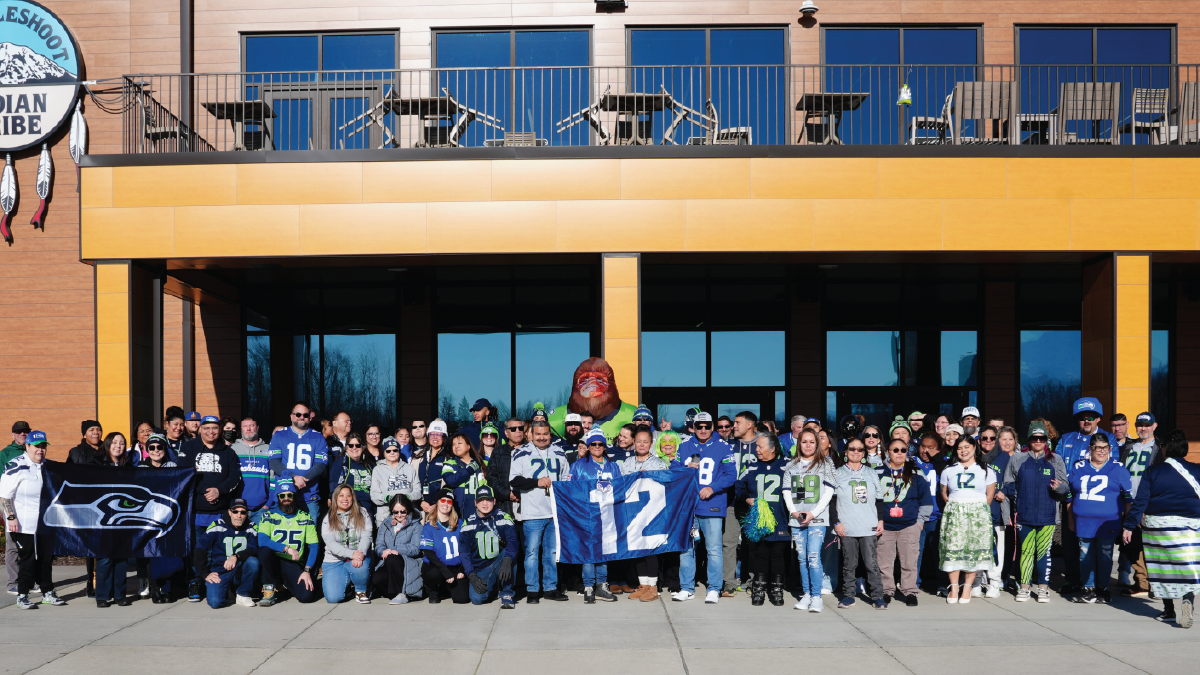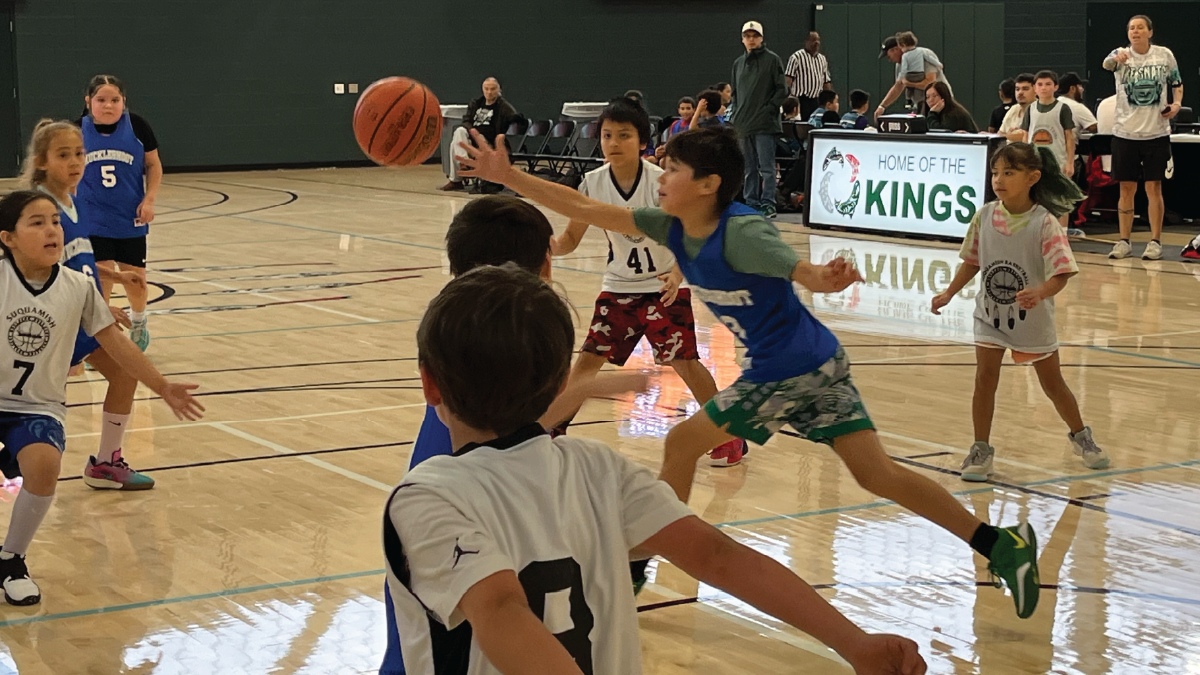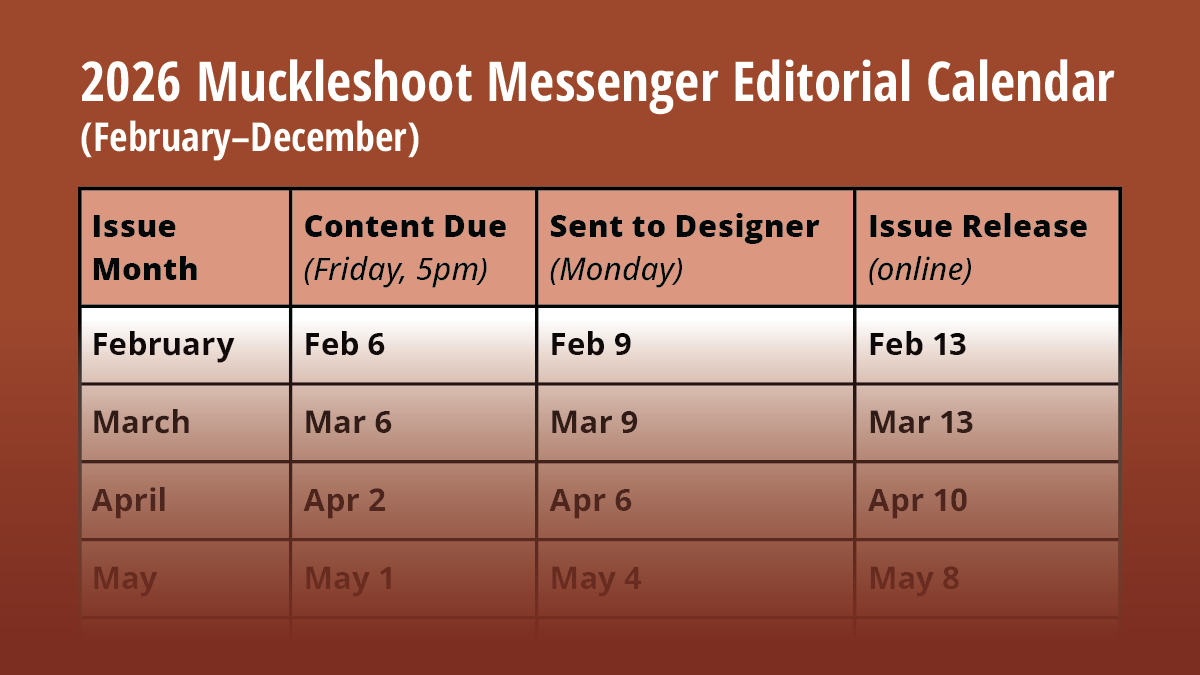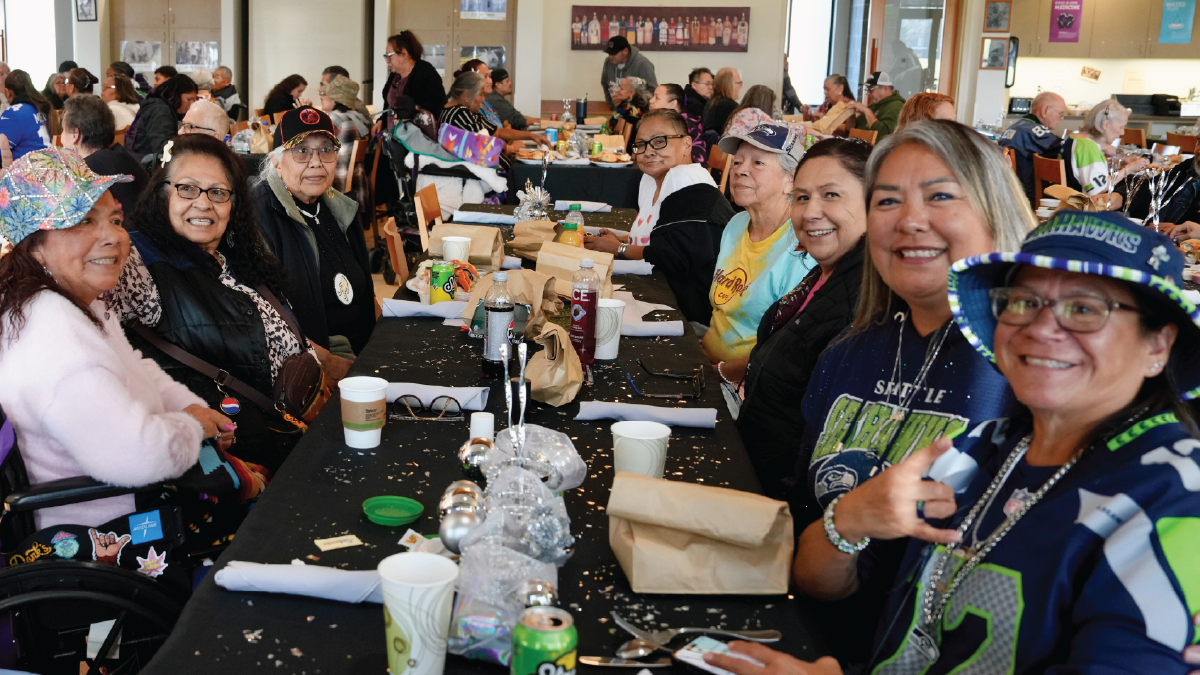
The 2023 Washington State Legislature convened in Olympia on Monday, January 9th, and ran for 105 consecutive days, adjourning on Sunday, April 23rd. Democrats hold sizeable majorities in both the House and Senate, and passed a number of significant pieces of legislation, including some that were fairly controversial.
Housing availability and affordability were at the forefront of the action, with bills passing to promote more density and to streamline local permitting, among other things. Additionally, law and justice issues were also hotly contested, with bills passing to ease restrictions on vehicular pursuits by law enforcement and to provide for a level of criminal enforcement regarding possession of illegal drugs, with the drug possession fix requiring a one-day special session on May 16th where lawmakers reconvened to finalize a bipartisan compromise.
Major accomplishments for the Tribe this year include protecting tribal gaming, advancing efforts to address missing and murdered indigenous women and people, and securing state investments in local infrastructure projects in and around the Muckleshoot Reservation.
This session saw a renewed effort by non-tribal gaming entities to try to expand their offerings to include sports wagering. Legislation was introduced in both the House and Senate to authorize sports wagering at non-tribal locations such as restaurants and bars that already offer limited gaming options as a commercial stimulant. HB 1630 & SB 5587 highlight the persistent efforts by some to compete directly with tribal government gaming.
The Muckleshoot Tribe successfully worked with lawmakers from both sides of the political aisle to ensure neither bill advanced in 2023, but those pushing to expand gambling at non-tribal facilities are likely to be back next session. The Tribe will remain diligent on this in order to ensure that tribal gaming can continue to provide for essential government services such as housing, education, and health care for tribal members.
The 2023 session also saw advancements on the critical issue of missing and murdered indigenous women and people (MMIWP). This session saw the creation of a cold case unit within the Attorney General’s Office to prioritize and assist in the investigation of unsolved MMIWP cases.
HB 1177, which was a recommendation of the State of Washington’s MMIWP Task Force, on which Muckleshoot Councilmember Anita Mitchell serves, passed the House and Senate unanimously and was signed into law by Governor Inslee.
Also becoming law was HB 1512, which requires the Attorney General’s Office to publish and maintain a Missing Persons Toolkit that contains regularly updated information related to locating and recovering missing persons.
Lastly, the Muckleshoot Tribe successfully advocated for continued infrastructure investments in and around the reservation. The Transportation Budget continued funding for the SR 164 East Auburn Access Project, with over $13 million committed from the state in the coming years.
Additionally, the SR 18 widening project from the Issaquah/Hobart Rd. to Raging River is set to receive nearly $57 million in the coming two years, with an additional $580 million in future years to complete the project. These investments will improve access and safety along key highways traveled by Muckleshoot members.
Riparian Zones, critical to Salmon Habitat. The 2023 Washington State legislature made a commitment to managing riparian zones, those areas of land adjacent to river streams and are critical to water quality and salmon habitat.
The legislature appropriates $50 million to identify and manage riparian zones deemed critical for salmon recovery. Management of riparian zones can mean the introduction of trees so root systems can hold soils in place and reduce erosion and also create shade on the river stream for fish to rest in cooler water.
Healthy riparian zones also act as a barrier to holding off materials leaking into rivers and streams, putting salmon habitat at risk. The state Conservation Commission will use the money to award grant funding to organizations – including federally recognized tribes like Muckleshoot – to start the process of identifying critical riparian areas and determine the best practices of managing those zones.
Lake Washington Salmon Runs. The Muckleshoot Indian Tribe worked in conjunction with the Washington State Department of Fish and Wild (WDFW) to secure a $700,000 appropriation to remove non-native predatory fish species in Lake Washington. There are 21 different non-native predators species in the Lake Washington basin, and they are detrimental to native juvenile salmon hindering a health salmon run.
Muckleshoot fishers have not had a sustainable salmon harvest from Lake Washington since 1993. Both the WDFW and Muckleshoot want to start rebuilding salmon runs in the Lake Washington basin. The project will remove nonnative species like northern pike minnow by using traps, nets, and other means over the next 2 years and the WDFW will have to report to the legislature at the end of 2024 on the progress removing predatory species. Muckleshoot intends this to be an on-going program until the state removes all predatory species from the lake.
Fish Passage Barrier Removal. State highways cross streams and rivers in thousands of places in Washington State, which can impede fish migration. In 2013, twenty-one northwest Washington tribes, including Muckleshoot, asked the U.S. District Court to find the State of Washington has a treaty-based duty to preserve fish runs. The tribes wanted the state to repair or replace culverts that impede salmon migration. The right of taking fish is secured to tribes in the Stevens Treaties.
Ultimately, the U.S. District Court ruled in the tribes’ favor, requiring the state to refrain from building or operating culverts under state-maintained roads that hinder fish passage. Issued in March 2013, the permanent injunction requires the state to significantly increase the effort for removing state-owned culverts that block habitat for salmon and steelhead by 2030.
The 2023 legislature appropriates over $1 billion to the Washington State Department of Transportation (WSDOT) to remove and replace fish barriers across the state. The legislature is on track to spend over $3 billion on fish passage barrier removal by 2030 to comply with the federal court order.
These billions will go along way toward undoing the damages highway culverts have done to salmon runs over the years, and will open many miles of currently unused habitat.

The last few Fridays of the season brought Muckleshoot employees out dressed in their best Seahawks gear for a group photo to show that the 12’s spirit runs deep.

The two core components of the 7th annual Salmon Jam tournament are teaching kids the dangers of smoking cigarettes and vaping, and empathy for others.

We love hearing from our community. To help us share stories in a timely and organized way, all content for the Muckleshoot Messenger is due by 5pm on the first Friday of each month.

Elders from the Muckleshoot Indian Tribe and their loved ones gathered together on Jan 16 at the Elders complex to celebrate the New Year. The gathering was a joyful and welcoming community celebration.
The Muckleshoot Messenger is a monthly Tribal publication. Tribal community members and Tribal employees are welcome to submit items to the newspaper such as announcements, birth news, birthday shoutouts, community highlights, and more. We want to hear from you!